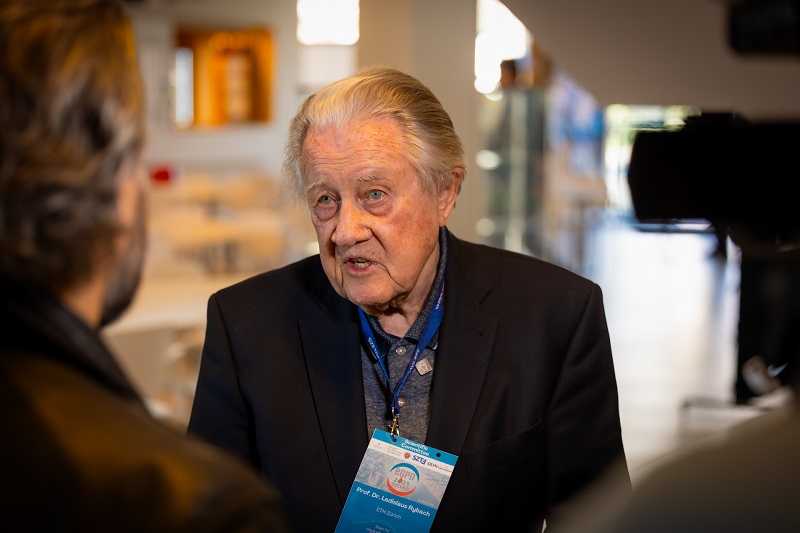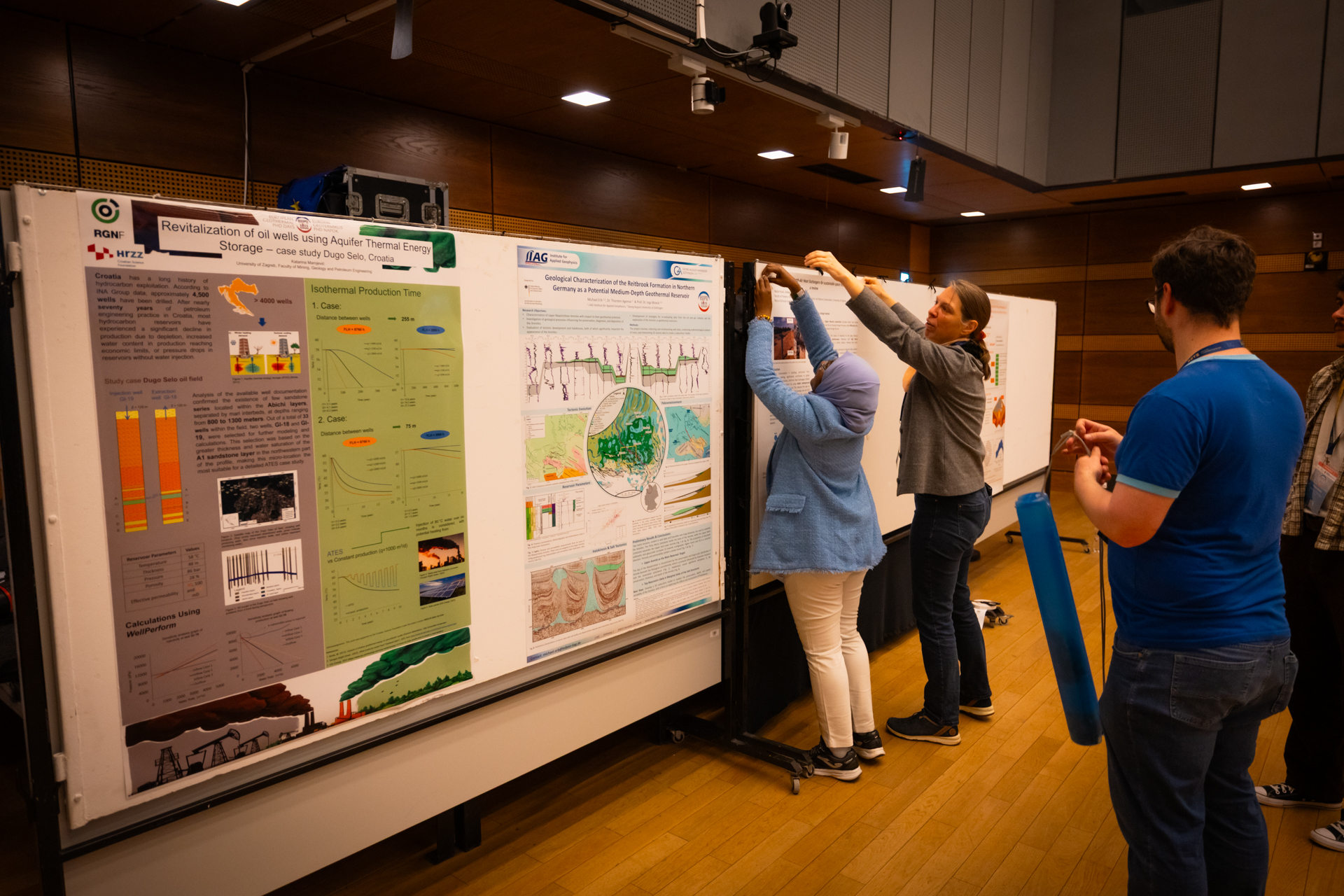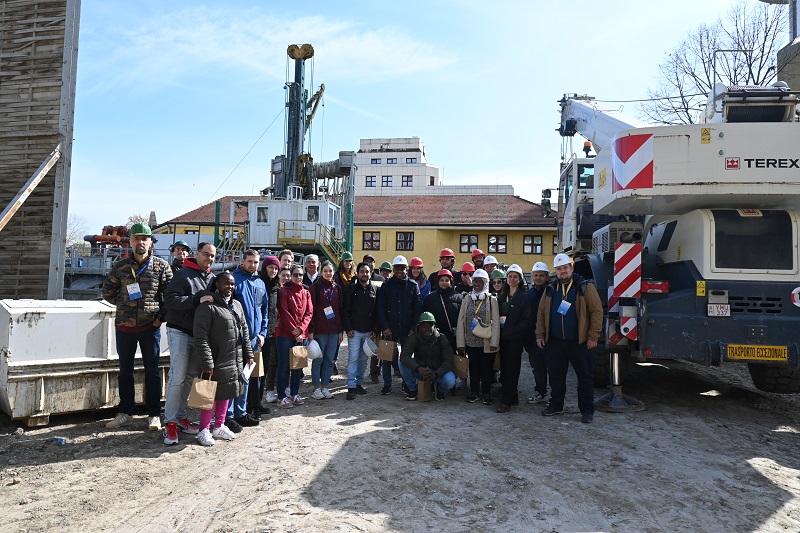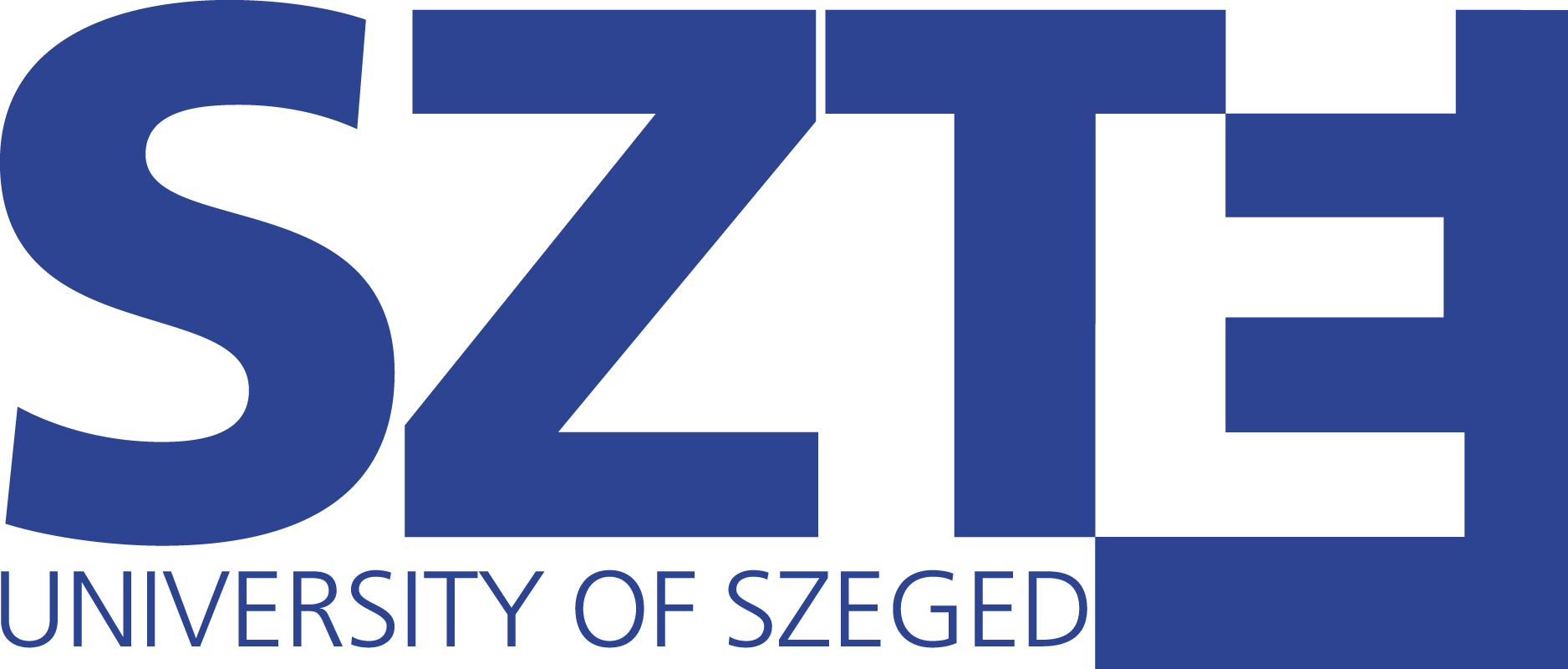
Szeged once again hosted the European Geothermal PhD Days conference, marking the event’s return to the city after it was first held there in 2013. Organized by the University of Szeged, the 2025 conference brought together emerging researchers to explore one of the most promising and adaptable sources of green energy today: geothermal energy.
The 2025 European Geothermal PhD Days conference opened on a harmonious note, with a musical welcome by a trio from the Universitas Symphony Orchestra. Led by Szeged-based geology professor Tivadar M. Tóth, the ensemble treated participants to a special performance that set the tone for the days ahead. This uplifting start ushered in a program filled with talks on cutting-edge PhD research, highlighting the vast potential of geothermal energy as a crucial resource for the future.
A key figure in bringing the conference back to Hungary was Dr. János Szanyi, assistant professor at the University of Szeged’s Department of Geology, who served as chair of the organizing committee for the 16th European Geothermal PhD Days.

Dr. János Szanyi gave interviews to several media outlets about the 2025 European Geothermal PhD Days.
Photo: Ádám Kovács-Jerney
“All participants are currently studying at European universities, but we also had students from Canada, Indonesia, and Kenya – countries where geothermal energy is widely utilized, including for electricity production. This year, the largest number of participants actually came from Italy, setting a new record for the event. More importantly, these PhD students will become the leading researchers of tomorrow, and the conference offers a valuable opportunity for them to connect before moving on to careers in industry or advanced academic research. In fact, one of this year’s speakers first attended the event years ago as a student. Early connections like these often grow into long-term collaborations that help shape the field. The geothermal sector itself is a prime example of how even the largest countries in Europe – including Italy, Germany, and France – depend on close cooperation between research and industry to achieve lasting progress. The same holds true for Iceland, which, though small, now sources nearly 100 percent of its energy from renewables, with geothermal energy playing a key role,” said Dr. János Szanyi.
One of the conference’s keynote speakers was Professor Inga Moeck from the University of Göttingen, who also serves as the director of the Leibniz Institute for Applied Geophysics in Hannover.

“My field of expertise – and the main focus of my research – is the development of a geothermal information system in Germany. We’re collecting all available data, including lesser-known but crucial details, and presenting them through a publicly accessible website. In addition, we support the planning of geothermal industry projects by using this data to recommend optimal drilling locations. This kind of knowledge-sharing is already in progress in Germany, and in my opinion, it should be extended across all of Europe,” said Professor Moeck.
In Hungary, the University of Szeged stands out as a leading center for geothermal energy research. Its international reputation is further strengthened by Dr. János Szanyi’s role as coordinator of the Panel of Experts on Geothermal Energy within the European Federation of Geologists – one of the main reasons Szeged was chosen as the host city for this year’s event.
László Rybach
Photo by Ádám Kovács-Jerney
Hungary itself plays a prominent role in the geothermal sector, a fact reflected in the strong presence of Hungarian experts within the field’s most influential international organizations. Among them is Professor László Rybach from the University of Zurich, who has been active in geothermal research since 1975 and previously served as president of the International Geothermal Association. Speaking at the conference, he emphasized how much the field has evolved over the past decades – and how it continues to offer significant opportunities for research and innovation.

Hungarian experts continue to hold influential positions in key international organizations, underscoring the country’s ongoing commitment to the geothermal sector. One notable example is Dr. Miklós Antics, a Transylvanian-born specialist who currently serves as president of the European Geothermal Energy Council (EGEC). At the conference, Dr. Antics explained, “The EGEC is involved in several European programs, primarily to share knowledge with its members and to promote the use of geothermal energy at the European level. Research is essential to geothermal development – only through research can we reach the point where geothermal energy is produced economically. But it’s not just about funding; we also need a large number of well-trained professionals. These specialists, many of whom are writing their dissertations on geothermal topics, have the potential to drive major advancements and introduce ideas of great value to the industry.”

Miklós Antics
Photo by Ádám Kovács-Jerney
Rita Mwendia Njeru, a recent PhD graduate from the University of Szeged’s Institute of Geosciences, came to Hungary from Kenya to pursue research on geothermal energy. Her work focuses on micro-scale laboratory analysis of physical clogging processes related to geothermal reinjection in the Pannonian Basin. Speaking about the importance of responsible resource management, she said, “Many people assume that geothermal energy is inherently renewable – but in reality, it only remains renewable if we actively manage it. That means reinjecting the thermal water back underground so it can be reheated. This is an energy source we receive from Mother Nature, but we can’t use it indefinitely unless we give something back. That’s why my PhD research focuses not on extraction, but on how we can return the used fluids to the subsurface successfully, economically, and efficiently. Reinjection is the key to ensuring that the same geothermal well can continue to provide energy for future generations.”

The conference also capitalized on its location in a geothermal hotspot by offering participants hands-on experiences. Attendees visited Szeged’s district heating provider and observed an active drilling operation, where the construction of the final well in the city’s nine-site geothermal system is currently being completed. They also traveled to the city of Szentes to explore successful examples of geothermal energy use in agriculture.

Photo by Tamás Zsolt Vári
The event was made possible through the support of the National Research, Development and Innovation Office’s Mecenatúra grant program, as well as contributions from organizations active in the field of geothermal energy.
Original Hungarian article by Ferenc Lévai
The feature photo shows participants of the conference.
Photo by Tamás Zsolt Vári

